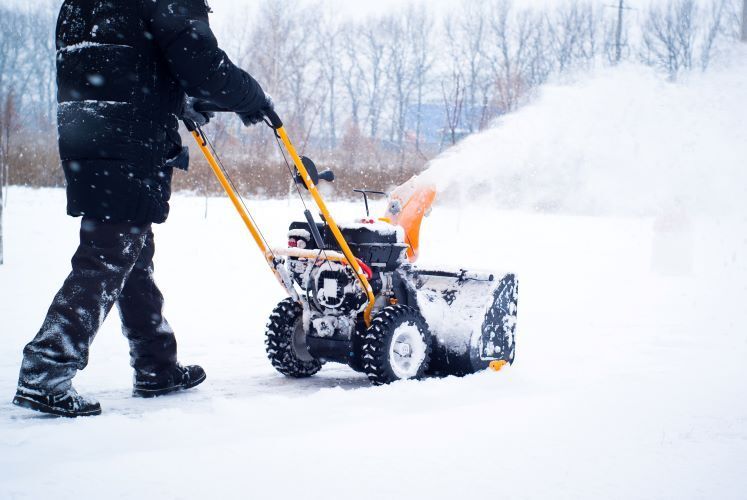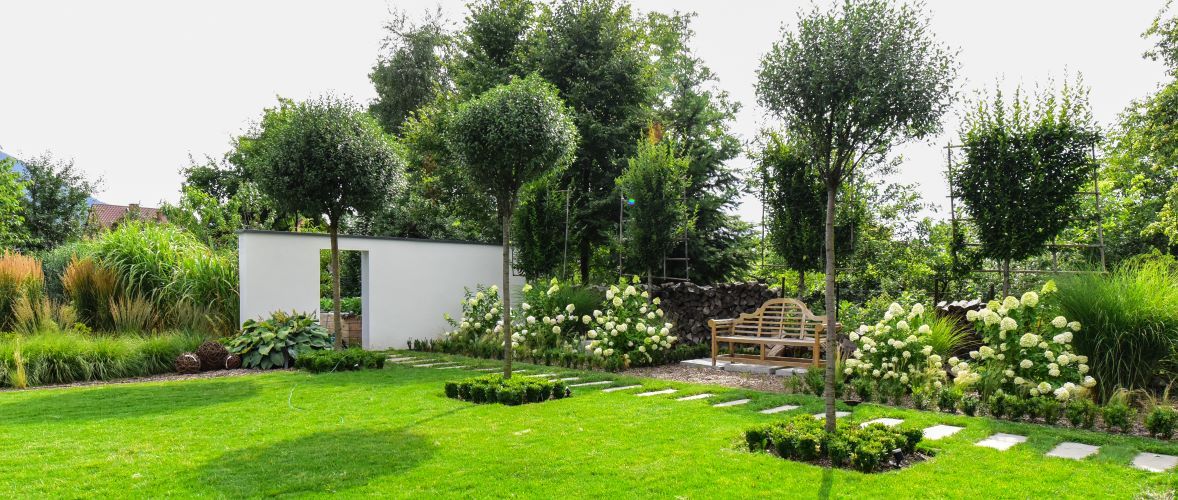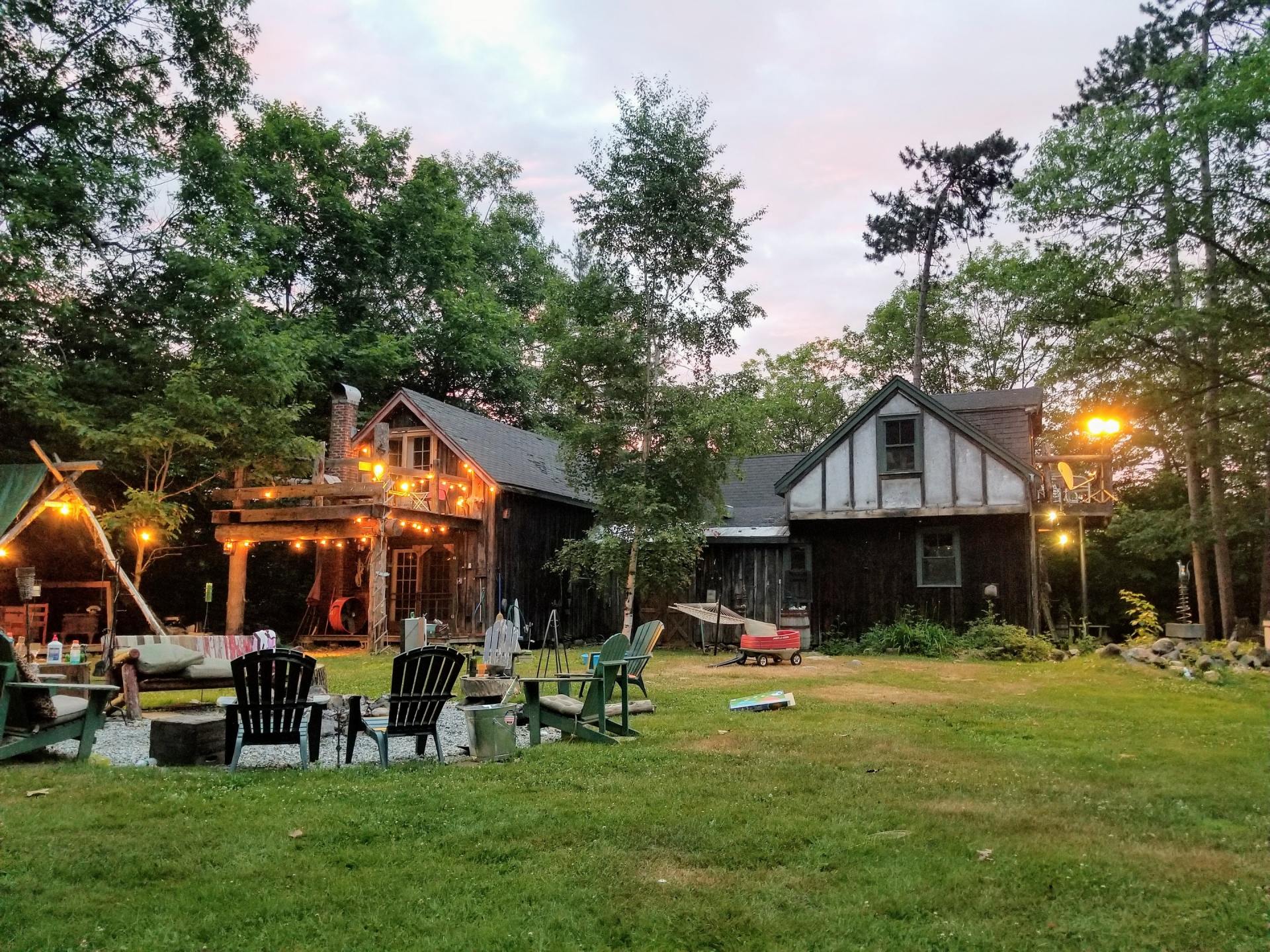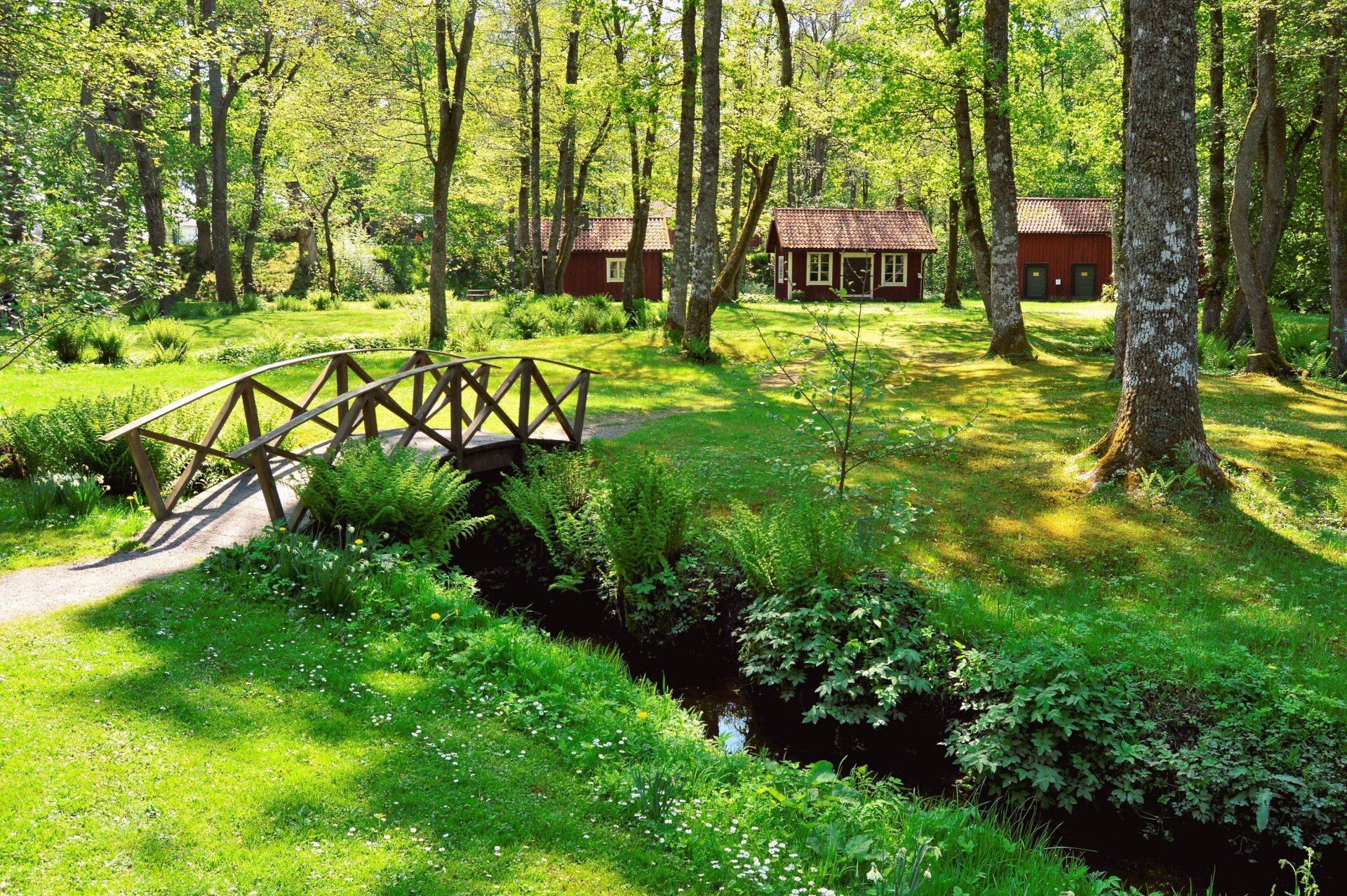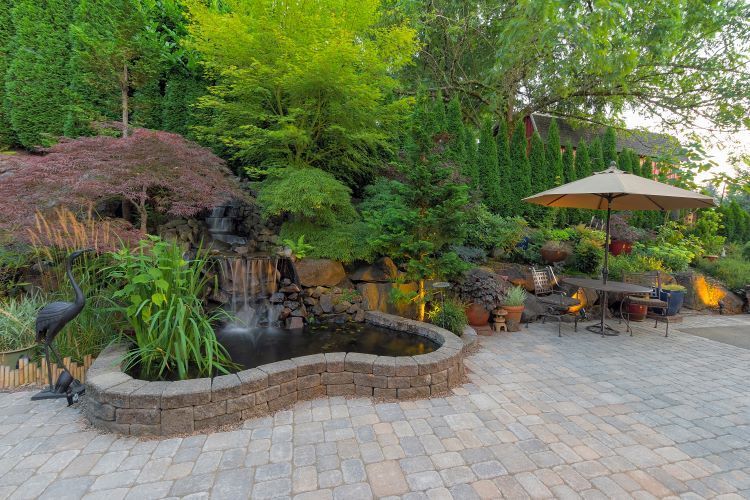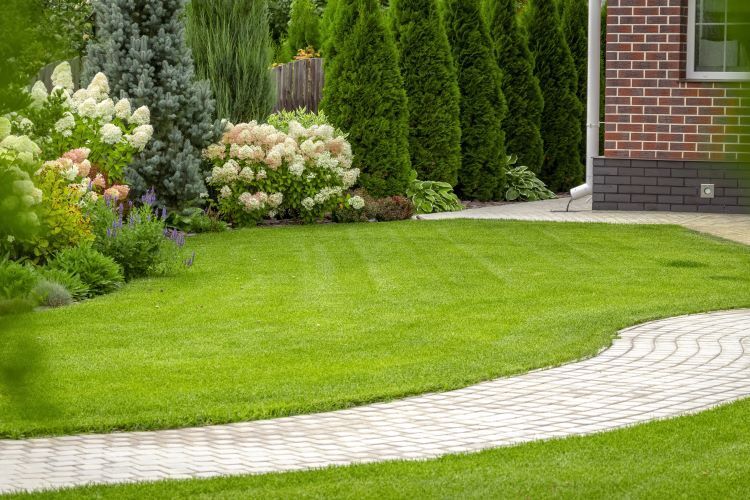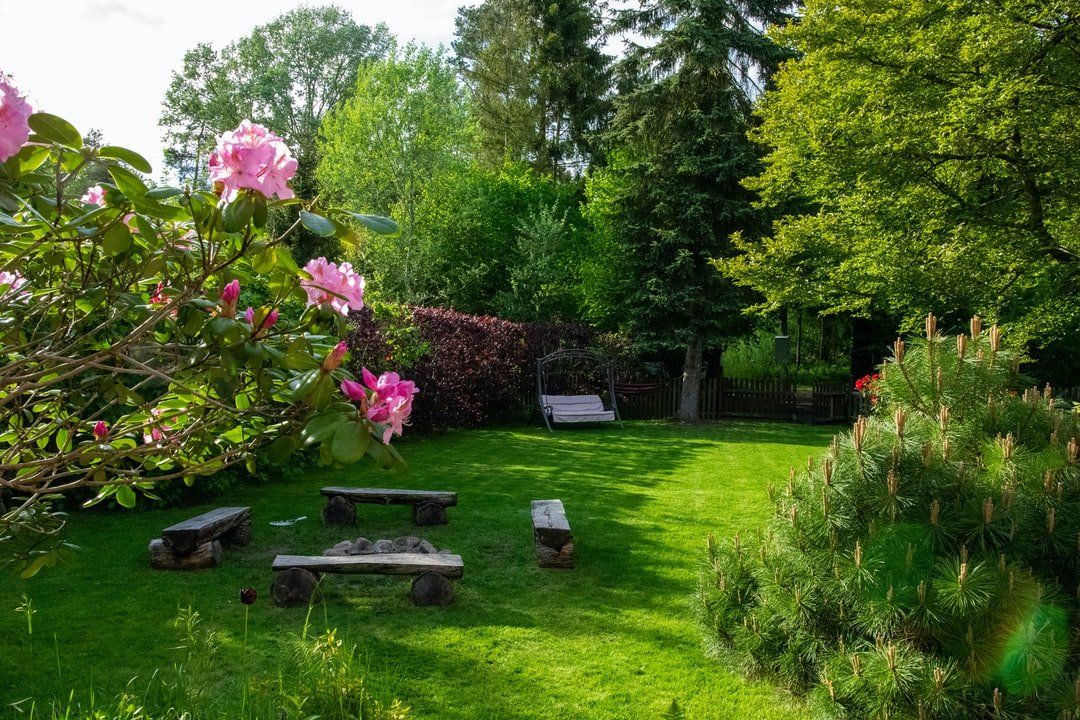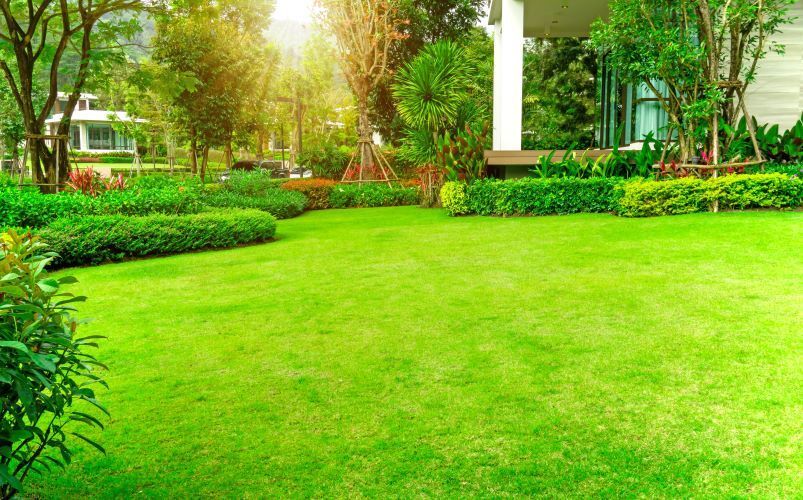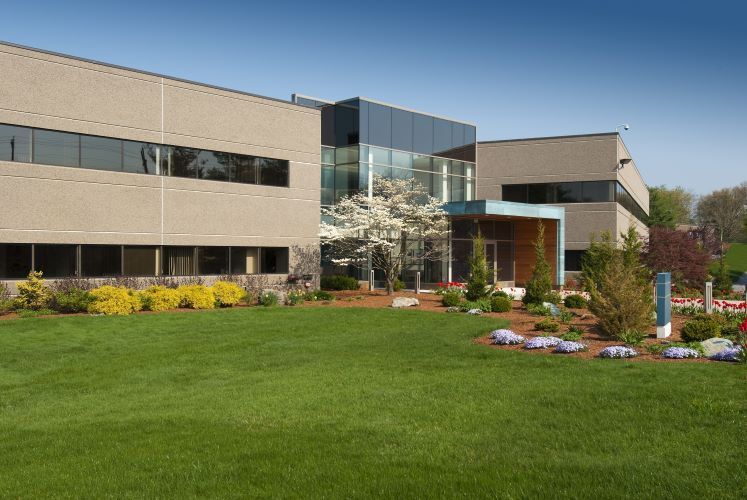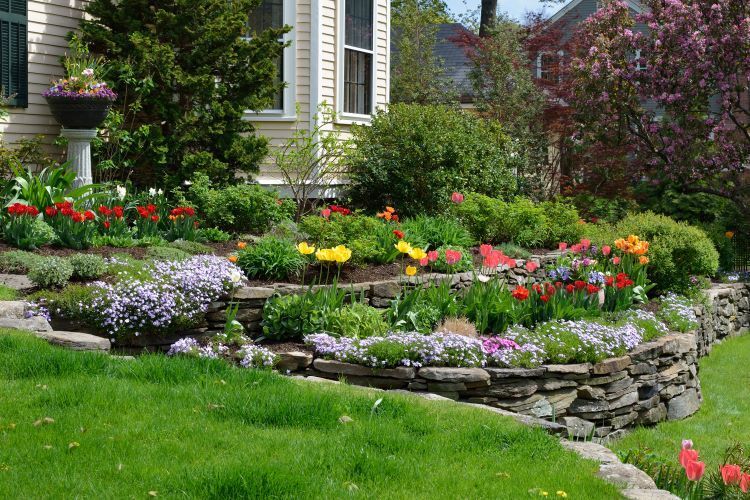Ensuring a Healthy Lawn: Best Practices for Landscape Irrigation

Proper irrigation is the backbone of a thriving landscape. At Landscaping Saskatoon, we understand the unique challenges and opportunities that come with watering your garden in our local climate. By following best practices for landscape irrigation, you can ensure your plants remain healthy, vibrant, and resilient throughout the seasons. Here, we outline the key strategies and tips for effective landscape irrigation.
Understanding Your Landscape's Needs
1. Assess Your Soil Type
Different soil types absorb and retain water differently. Understanding whether your soil is sandy, loamy, or clay will help you determine the best irrigation method.
- Sandy soil drains quickly and may require more frequent watering.
- Loamy soil retains moisture well and is ideal for most plants.
- Clay soil retains water but can become compacted, so it benefits from slow, deep watering.
2. Know Your Plants' Water Requirements
Different plants have varying water needs. Group plants with similar water requirements together to optimize your irrigation efforts. For instance, drought-tolerant plants should be placed separately from water-loving plants.
Choosing the Right Irrigation System
1. Drip Irrigation
Drip irrigation delivers water directly to the root zone of plants, reducing evaporation and runoff. This method is highly efficient and ideal for garden beds, shrubs, and trees.
- Pros: Water efficiency, reduced weed growth, and healthier plants.
- Cons: Initial setup cost and potential for clogging.
2. Sprinkler Systems
Sprinkler systems are excellent for watering lawns and large garden areas. They can be programmed to water different zones at specific times, ensuring even coverage.
- Pros: Wide coverage, ease of use, and versatility.
- Cons: Potential for water waste through evaporation and wind interference.
3. Soaker Hoses
Soaker hoses are porous hoses that release water slowly along their length. They are great for garden beds and can be laid out to provide thorough coverage.
- Pros: Easy to install, water-efficient, and gentle on plants.
- Cons: Limited coverage area and potential for uneven water distribution.
Best Practices for Efficient Irrigation
1. Water Deeply and Infrequently
Deep watering encourages plants to develop deep root systems, making them more drought-resistant. Water your garden deeply but less frequently to promote healthier growth.
2. Water in the Early Morning
Watering in the early morning reduces evaporation and allows plants to absorb moisture before the heat of the day. Avoid watering in the evening, as this can promote fungal growth.
3. Use Mulch
Applying a layer of mulch around your plants helps retain soil moisture, reduces evaporation, and prevents weed growth. Organic mulches like wood chips and straw are excellent choices.
4. Adjust for Seasonal Changes
Adjust your irrigation schedule according to the season. During cooler months, plants require less water, while hot summer days may necessitate more frequent watering.
5. Install a Rain Sensor
A rain sensor can be connected to your irrigation system to prevent watering during rainfall. This not only conserves water but also ensures your plants are not overwatered.
6. Regular Maintenance
Regularly check your irrigation system for leaks, clogs, and other issues. Ensure that sprinkler heads are properly aligned and that drip emitters are functioning correctly.
7. Consider Smart Irrigation Controllers
Smart irrigation controllers can automatically adjust watering schedules based on weather conditions, soil moisture levels, and plant needs. These systems can significantly improve water efficiency.
Conclusion
Implementing best practices for landscape irrigation is essential for maintaining a healthy and vibrant garden. By understanding your soil and plant needs, choosing the right irrigation system, and following efficient watering techniques, you can ensure your landscape thrives year-round.
At Landscaping Saskatoon, we specialize in designing and installing customized irrigation systems tailored to your specific landscape requirements. Contact us today to learn more about how we can help you achieve a lush, beautiful garden with optimal irrigation solutions.
